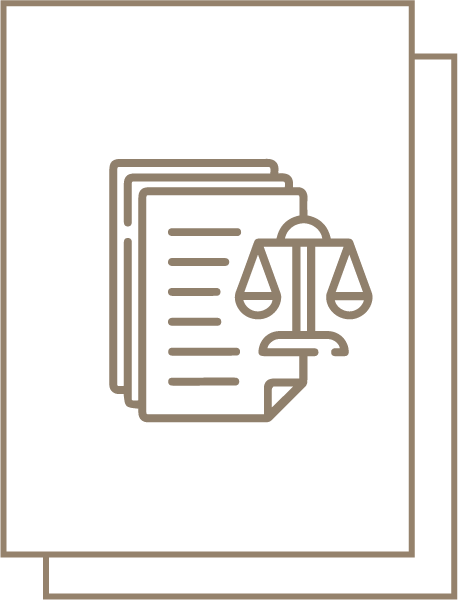H-1B and H-1B1 Visas for Professionals
An H-1B and H-1B1 visas are nonimmigrant visa categories for U.S. employers seeking to temporarily employ foreign professionals in “Specialty Occupations”. H-1b visas are visas that allow for dual intent, and therefore, an applicant can apply for lawful permanent resident status while maintaining and renewing their H-1b nonimmigrant status. H-1b1 visas mimic the requirements for the H-1b visa but are only for nationals of Singapore and Chilean.
Specialty Occupation means an occupation that normally requires:
- Theoretical and practical application of a body of highly specialized knowledge; and
- A bachelor’s or higher degree in the specific specialty (or its equivalent) as a minimum for entry into the occupation in the United States.
To qualify for the H-1B visa the employer-sponsor must establish that:
- The position being offered is a specialty occupation.
- The foreign national (“applicant”) has the required specialty degree or its equivalent as well as any other prerequisites to qualify for the position; and
- An employer-employee relationship.


H-1B Lottery: Per Annual Visa Cap and When to Apply
USCIS issues 65,000 H-1B visas per year and an additional 20,000 visas for applicants holding a relevant master’s degree. Therefore, H-1B visas are subjected to a CAP on the number of visas available to be issued each year and are referred to as “Cap Subject H-1B”. Due to the limited number of visas available each year, USCIS randomly selects applicants to apply for a H-1B visa through the H-1b Lottery process.
Each year, the H-1b Lottery begins in March and the H-1b applicants are randomly selected around the first week of April. An applicant is entered into the lottery by their employer-sponsor through an H-1B electronic registration process. If the beneficiary is selected, the employer will have approximately 60 days to submit the H-1b application with supporting evidence to USCIS for adjudication. Since the H-1b visas available for the year are released by USCIS on October 1st each year, the applicant cannot begin working for their employer under H-1b status before October 1st of that year.
H-1B Cap Exempt
Universities and related nonprofit entities, nonprofit research organizations and government research organizations are exempt from the cap, and therefore, the H-1B lottery. These employers are able to submit an H-1B application to the USCIS at any time during the year without concern for the fiscal year limit. However, an applicant who works for an H-1B cap-exempt employer who changes jobs to an employer that is not exempt may become subject to the H-1B cap which would require the applicant to enter the H-1b lottery.
Changing Employers or Positions while on H-1B
An H-1B employee can change their H-1b employer by obtaining a newly approved H-1B visa filed by the new employer. There are a lot of nuances in this process. Therefore, you should speak with an
experienced immigration attorney before taking any action towards changing your employer. H-1B employees can work for more than one employer, but each employer must have an approved H-1B application.
If the H-1B employees’ job duties or work location changes, an amended H-1B application must be filed and approved by USCIS.


H-1B1s for Nationals of Singapore and Chile
Citizens of Singapore and Chile can qualify for H-1b1s which has all the same requirements as H-1bs, but with many more advantages:
- H-1B1s can be applied for directly at the consulate which eliminates the employer’s requirement to pay hefty filing fees to USCIS.
- The consulate will issue the applicant an H-1B1 visa in their passport that allows the applicant to travel internationally.
• H-1B1 can be applied for year-round and does not require the applicant to enter the H-1B lottery process. Although, there are 6,800 (5,400 for Singapore and 1,400 for Chile) H-1B1 visas that can be issued each year, these numerical limits have never been reached.
H-4: Spouse and Children of H-1B and H-1B1 Visa Applicants
A spouse and unmarried children under the age of 21 may be eligible for H-4 classification. An H-4 spouse dependent is eligible to receive work authorization.
Attorney Alice Burgos is ready to guide you through the complexities of your case and provide you with the expert counsel you need. Take the first step by contacting us today to schedule your strategy session. With Attorney Burgos by your side, you can trust that your legal journey will be in the hands of a dedicated and experienced professional who is committed to securing the best possible outcome for you. Schedule your strategy session now!




